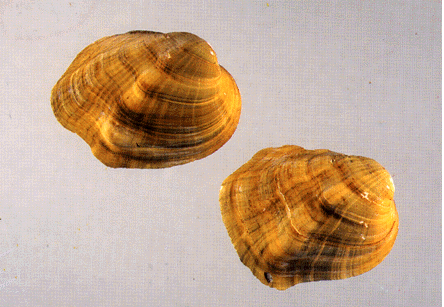On Nov. 16, 2023, the United States Fish and Wildlife Service officially declared the tubercled-blossom pearly mussel (Epioblasma torulosa torulosa)—a freshwater mussel once abundant in large eastern rivers from south Ontario in Canada to Alabama—as extinct.
The last documented tubercled-blossom was collected from the Kanawha River below Kanawha Falls in West Virginia in 1969. The shell of the tubercled-blossom was smooth and shiny, traced by brown and golden-hued rings.
Living their lives at the bottom of riverbeds, freshwater mussels constantly filter water as they breathe and feed. According to the Center for Biological Diversity, they actually improve water quality by filtering out bacteria, algae and pollutants, but in doing so they accumulate contaminants in their bodies.
Freshwater mollusks are the most endangered group of organisms in the United States because of their delicate sensitivity to water pollution. The Fish and Wildlife Service named pollution from strip mining, coal washing, dredging, logging, farming, road building, industrial-related pollution and dam-building as the main contributors to their decline.

